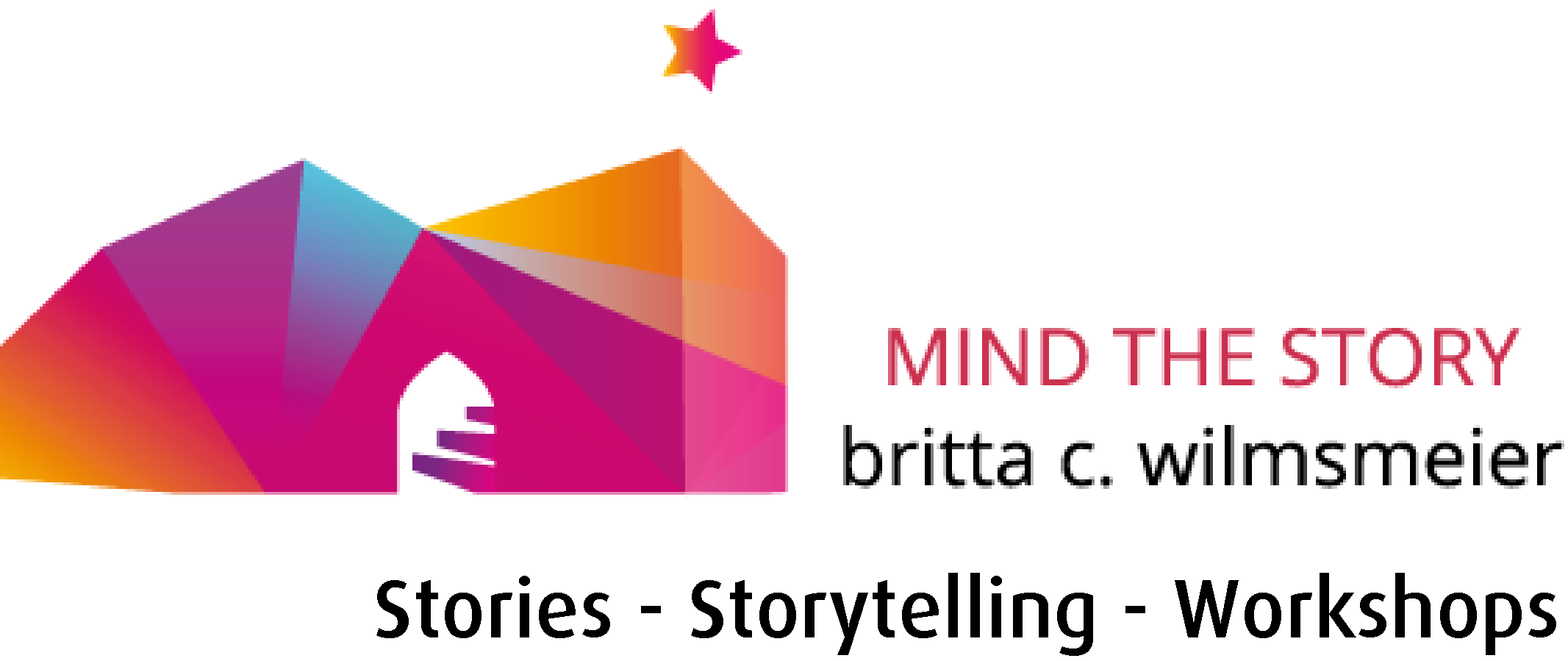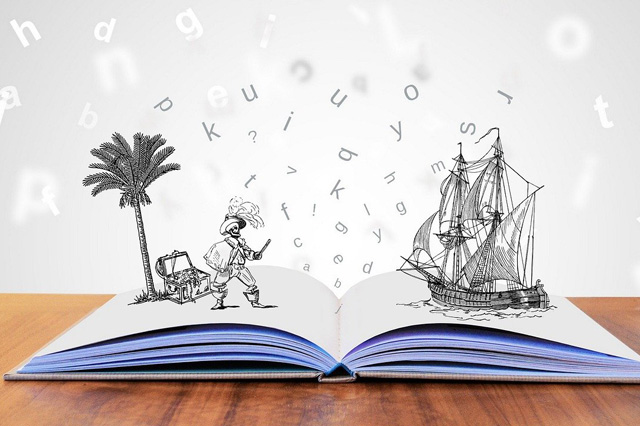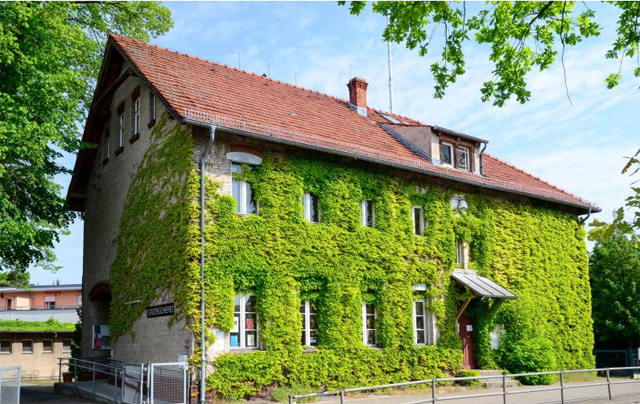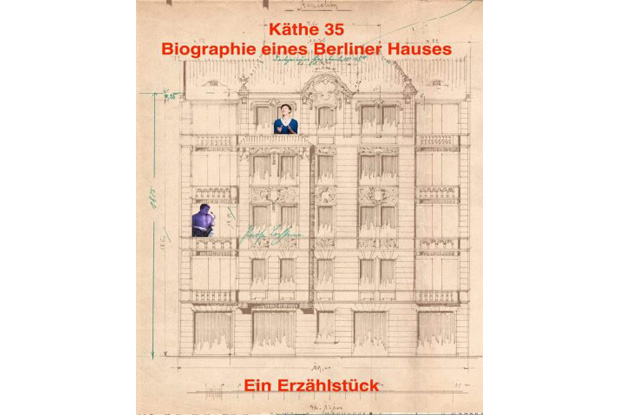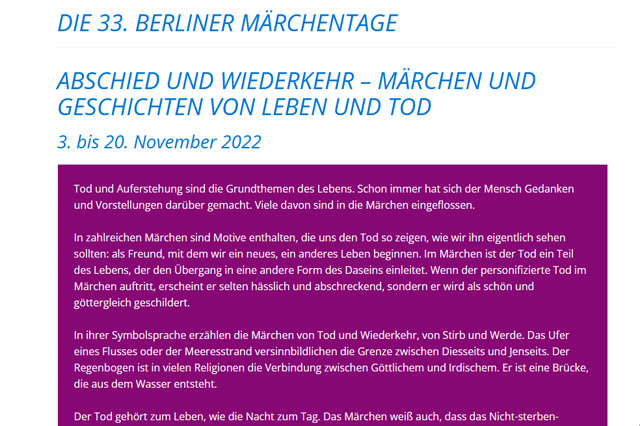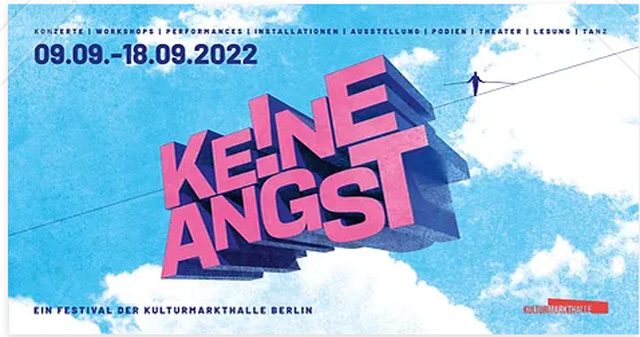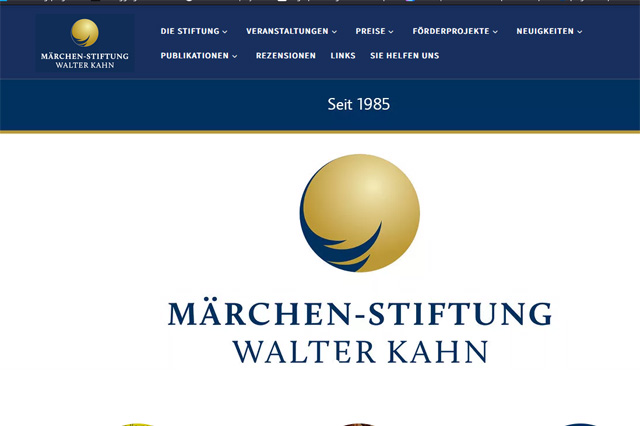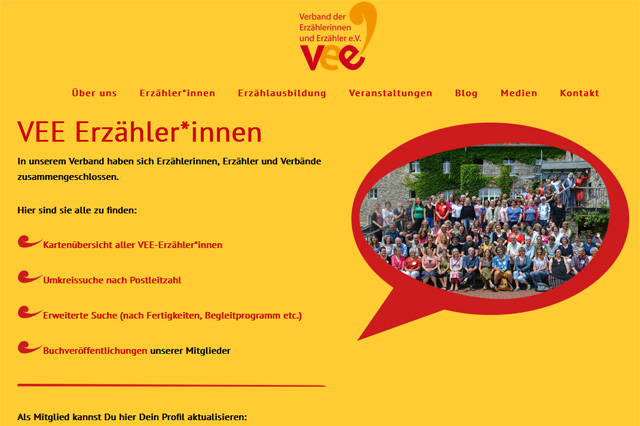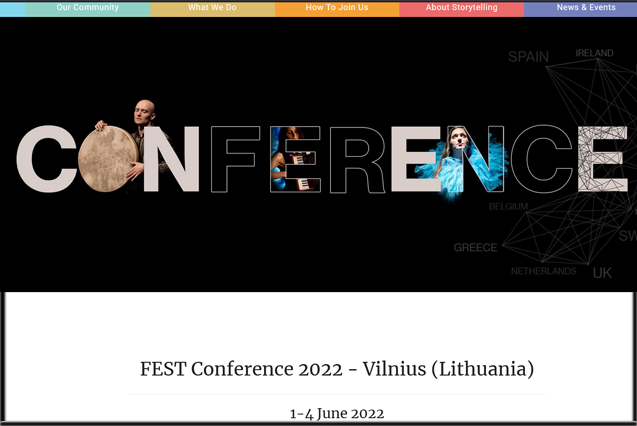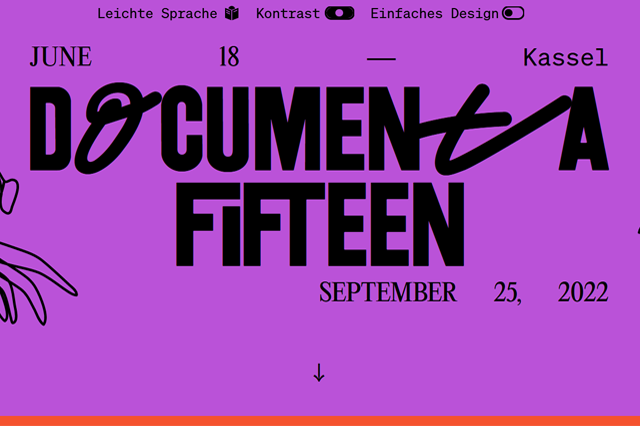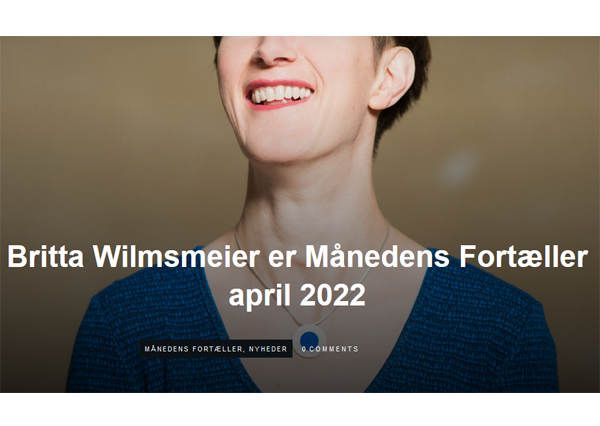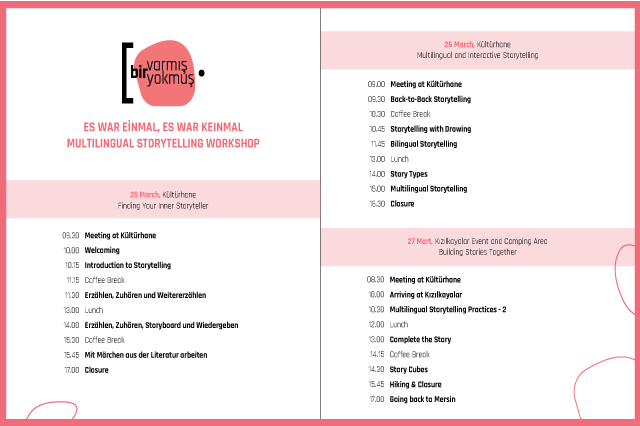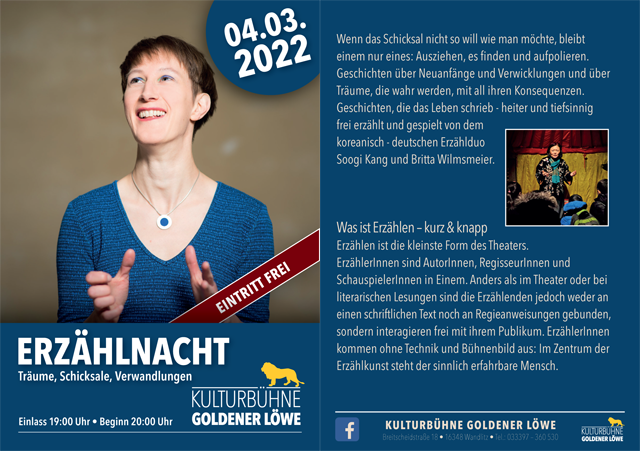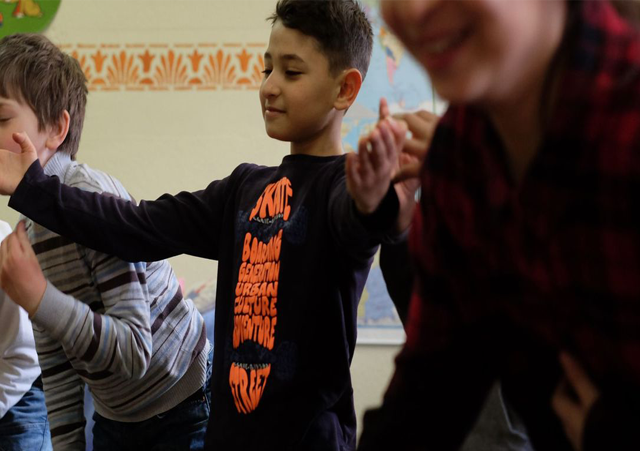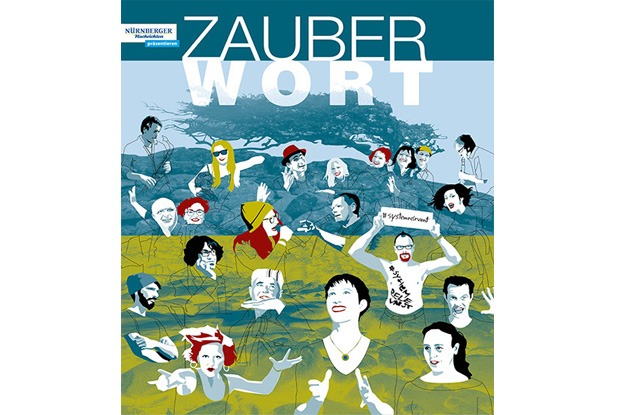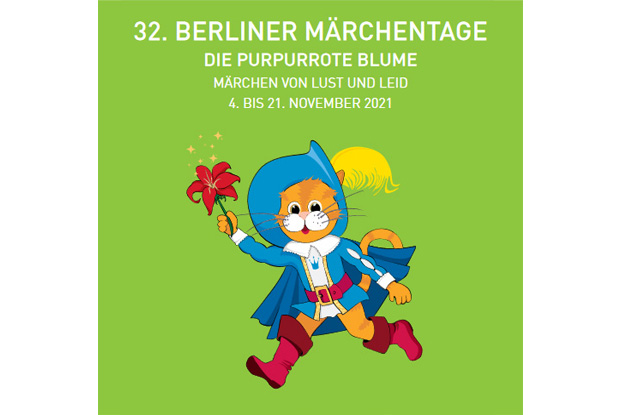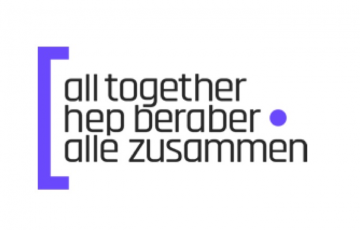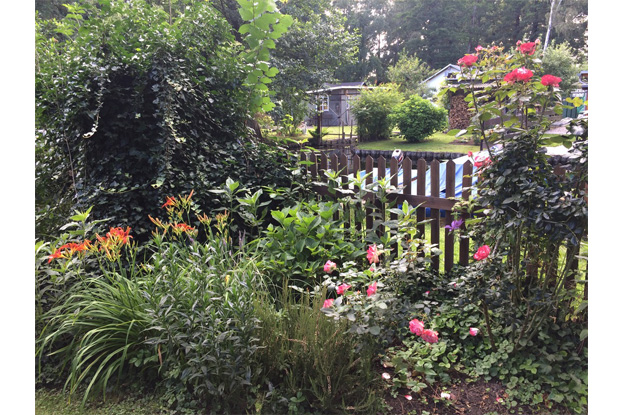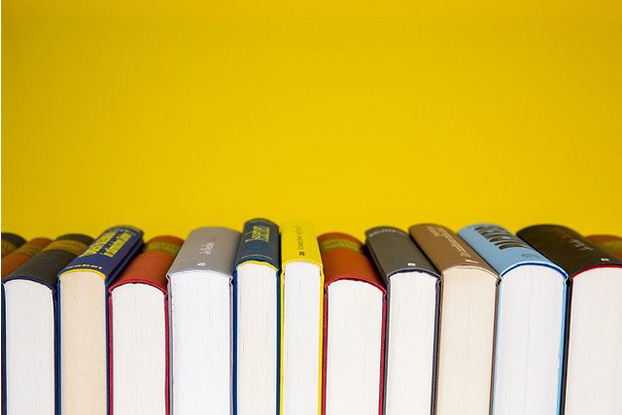Erzählkunst an allen Adventswochenenden auf dem Liebenberger Weihnachtsmarkt. Schon am 26.11.2022 geht es los.www.schloss-liebenberg.de/weihnachtsmarkt/
Mthest-admin
Erzählen bildet Sprache
Herbst 2022 Erzählen bildet Sprache: Eine Kooperation mit der Spandauer Stadtteilbibliothek und Spandauer Schulen
mit Kathleen Rappolt, Maria Carmela Marinelli, Britta Wilmsmeier
Käthe 35 – Biographie eines Berliner Hauses
29.11.2022 – für Schulklassen Kulturmarkthalle
33. Berliner Märchentage
03.11.-20.11.2022 – Der große Fang – frei nach Hemingway: Der Alte Mann und das Meer 14.11. Isis oder der Klagevogel 16.11. Als die Fische noch die Sterne schluckten
Mehrsprachiges Storytelling in Recklinghausen, Kulturrucksack NRW
13.10.-14.10.2022 – Mehrsprachige Performance: Mohammed Kello (Arab.) & Suse Weisse (Dt.) / Hamid Sanaiye (Aserbaid.) & Britta Wilmsmeier (Dt.) Mehrsprachiger Workshop mit Abschlussperformance.
www.kulturrucksack.nrw.de
Ke!ne Angst Festival
09.09. – 18.09.2022 – Kulturmarkthalle Berlin Performance/Symphonie der Großstadt/Kakophonie
Märchen und Migration. Konferenz der Walter-Kahn Stiftung
31.08.-02.09.2022 Workshop: Erzähler ohne Grenzen. Praxisbeispiel: Deutsch-türkische Kooperation: heb beraber – alle zusammen
www.maerchen-stiftung.de/ankuendigung-der-maerchentage-2022-maerchen-und-migration
VEEste feiern
25.08.-28.08.2022 10-jährige Jubiläums Konferenz des deutschsprachigen Vereins VEE. Organisation und Leitung www.erzaehlerverband.org
Im Auge des Sturms – Kolloquium von narrare e.V.
10.09.-12.09.2022 in Wien in Kooperation mit Erzähler ohne Grenzen Workshop: Der Geschmack des Digitalen
FEST – Federation for European Storytelling
vom 01.06.2022 – 04.06.2022 in Vilnius, LIthuania
Documenta fifteen – Kassel 2022
Workshops von Suse Weisse, Maria Carmela Marinelli, Britta Wilmsmeier
Storyteller of the Month, Denmark. Britta Wilmsmeier
Before I became a full time storyteller around 10 years ago I attended a workshop on „Images of the Soul in Tales (Seelenbilder in Märchen). This approach is until today the basis of my storytelling work, widened of course by other influences over the years.
I have not always been a storyteller and was working in areas far away from Storytelling. It’s been quite a journey to get here. There were not many people in my surrounding who believed that I can ever make a living as storyteller.
The most important questions I ask every time anew is what does the story actually tell, which images of the story tell this, where do I locate the story for me and the audience, how can I „translate” the story to make it relevant and why do I tell this story.
Today I know that it is a balancing act to produce round characters. On the one hand knowing why a character acts in a certain way and making this transparent and on the other hand not not to judge and to leave room for projection for the audience to fill in the gaps.
As storyteller I work in different areas. My main focus is on applied storytelling.
Sometimes I see up to 17 classes per week. That means I tell stories every day of the week and see up to 400 children, looking into 400 pairs of eyes. Working like this it becomes a matter of staying permeable for the audience and the images of the story in order to let the stories unfold every time anew.
I accompany most classes for at least half a year or one school year. I come once a week to tell three to five classes a new story and listen to them retelling my story from last week. It is a very good system which turns the children in no time into experts of stories and plots. They learn to listen closely. They take me as a role model and imitate my way of speaking and acting. After a week they are able to reproduce the story and remember difficult words before they are able to speak a full German sentence. Children who don’t say a word in the regular classes suddenly stand in front of the class enjoying telling a story. Children with special needs and very active kids listen still and attentively for the duration of the story. Children who are meant not to understand much because they are disabled or have no command of the German language show with their drawn pictures that they did understand the plot.
And still not everything is sugar.
Storytelling is not a superpower even though I want to believe that sometimes.
But I can tell that most of the children get involved in the stories, sometimes with their whole body and I can feel that the stories open a room for tension, recreation and empathy.
Here in Berlin we have been working a lot with refugees of all ages in the last years. It made us think more about our repertoire and multilingualism and made us be more creative in our formats.
In the last two years I have also been involved in a German-Turkish initiative, an exchange between colleagues. We conceptualized and carried out a storytelling training on multilingual storytelling and practiced it. In this case we told stories in Arabic-Turkish-German, not translating each other but using gestures, words to continue the story in a way that everyone understands. The Turkish colleague, (unfortunately, the Syrian did not get a Visa) came to Berlin and we told bilingually in schools with a high diversity. It was a very good experience for all children to see these two languages used as equal. Children were asking if I will come again telling a story in their mother tongue. I strongly believe that this kind of storytelling helps to open people’s mind for diversity in the best sense.
Trying to create political awareness also carried me through the process of doing my storytelling piece Käthe 35 – Biography of a House in Berlin. It started with finding out that from the house I live in many people were deported. It was a „Judenhaus“. Over a period of time we found out that 83 people were deported, killed, committed suicide or fled from our house during the Second World War. Accompanied by a musician I tell biographical stories of the residents supported by traditional tales since it was build until today. It has been quite a journey to find solutions for the sake of the integrity of all figures no matter of which political standpoint.
My other working field is at the Freie Universität Berlin. Here I encourage future teachers to implement storytelling as an integral part of their teaching. One of my students said that she now understood how many facets and dimension can be unraveled in stories and with storytelling.
Let us all stay keen in exploring these potentials. I wish everybody happy storytelling hours.
bir varmış, bir yokmuş – Es war einmal, es war keinmal
Multilingual Storytelling Workshop. Mersin, Türkei. Suse Weisse & Britta Wilmsmeier Finanziert von Stiftung Merkator
Erzählnacht: Träume, Schicksale, Verwandlungen
erzählt und gespielt vom koreanisch-deutschen Erzählduo Soogi Kang und Britta Wilmsieer
Wenn das Schicksal nicht so will wie man möchte, bleibt einem nur eines: Ausziehen, es fi nden und aufpolieren. Geschichten über Neuanfänge und Verwicklungen und über Träume, die wahr werden, mit all ihren Konsequenzen.
Geschichten, die das Leben schrieb – heiter und tiefsinnig frei erzählt und gespielt von dem koreanisch – deutschen Erzählduo Soogi Kang und Britta Wilmsmeier.
Was ist Erzählen – kurz & knapp
Erzählen ist die kleinste Form des Theaters. ErzählerInnen sind AutorInnen, RegisseurInnen und SchauspielerInnen in Einem. Anders als im Theater oder bei
literarischen Lesungen sind die Erzählenden jedoch weder an einen schriftlichen Text noch an Regieanweisungen gebunden, sondern interagieren frei mit ihrem Publikum. ErzählerInnen kommen ohne Technik und Bühnenbild aus: Im Zentrum der Erzählkunst steht der sinnlich erfahrbare Mensch.
KULTURBÜHNE GOLDENER LÖWE
Breitscheidstraße 18 • 16348 Wandlitz • Tel.: 033397 – 360 530
Erzählen verbindet
Projektwoche mit Willkommensklassen und Regelklassen der Hildebrandgrundschule zum Thema Nachhaltigkeit. Gefördert vom EjS – Evangelischen Johannesstift vom 17.01.2022 – 23.01.2022
Zauberwort – Erzählkunstfestival
Erzählkunstfestival zu Dreikönig in Nürnberg, 5.1.-9.1.2022
Mehr Infos unter: Zauberwort Festival
32. Berliner Märchentage
Die purpurrote Blume. Märchen von Lust und Leid. 4. – 21.11.2021
Mehr Infos unter: www.mindthestory.com/32-berliner-maerchentage
Erzählen bildet Sprache
In Kooperation mit der Stadtbibliothek Spandau. Ein Projekt von Kathleen Rappolt, Carmela Marinelli, Britta Wilmsmeier
Istanbul – Berlin
Wir haben uns Ende September für drei Tage in Istanbul getroffen und haben eine türkische Geschichte multilingual geprobt in den Sprachen Arabisch-Türkisch-Deutsch. Mitwirkende waren Volkan Gültekin (türkisch) , Ahmad Hajtaha (arabisch) und Britta Wilmsmeier (deutsch) und Suse Weisse (Regie). Im Oktober 2021 wurde sie mehrfach an Berliner Schulen erzählt.
Käthe 35 – Biographie eines Berliner Hauses
Hannover 28.9.2021 & Berlin 1.10.2021
Britta C. Wilmsmeier stand vor einem Bild des Fotografen Harf Zimmermann. Auf dem 1986 in Ostberlin aufgenommen Fotowar eine Frau mit einem dicken Hund zu sehen – auf IHREM Balkon. Wer war diese Frau und wer hatte noch alles in ihrer Wohnung, in ihrem Haus gewohnt?
Hannover, 28.09.2021: 20 Uhr
Erzählbühne Hannover Leibniz Theater – Kommandanturstraße 7, 30169 Hannover
Preis: 16 € | erm. 12 € | Studierende 8 € | Reservierung Tel: 0152 29267645
Berlin, 1.10.2021: 19:30 Uhr
Samariterkirche, Samariterstraße, 10247 Berlin
Preis: 10 €/12 €
Achtung! Bitte Voranmeldung zur Veranstaltung unter: buero@ekfhn.de oder
Tel.: (030) 426 57 91
Gärten der Sehnsucht – Sehnsucht nach dem Garten
Europäischer Bibeldialog – Schwanenwerder, Berlin, 10.08.2021
Erzählen in Berliner Bibliotheken
Ein Artikel zu der Arbeit von Erzähler:innen in Bibliotheken u.a. von GeschichtenWelten, eine Initiative von Kathleen Rappolt und in Zusammenarbeit mit Maria Carmela Marinelli und Britta Wilmsmeier. Erzählen in Bibliotheken
Erzählfestival Remscheid
Auf dem Erzählfestival Remscheid der Akademie für Kulturelle Bildung zeigt Britta Wilmsmeier ihr Erzählstück Käthe 35 – Biographie eines Berliner Hauses und gibt einen Workshop zu dem Thema „Erzählte Geschichte / Haltung – Bewahren.“
